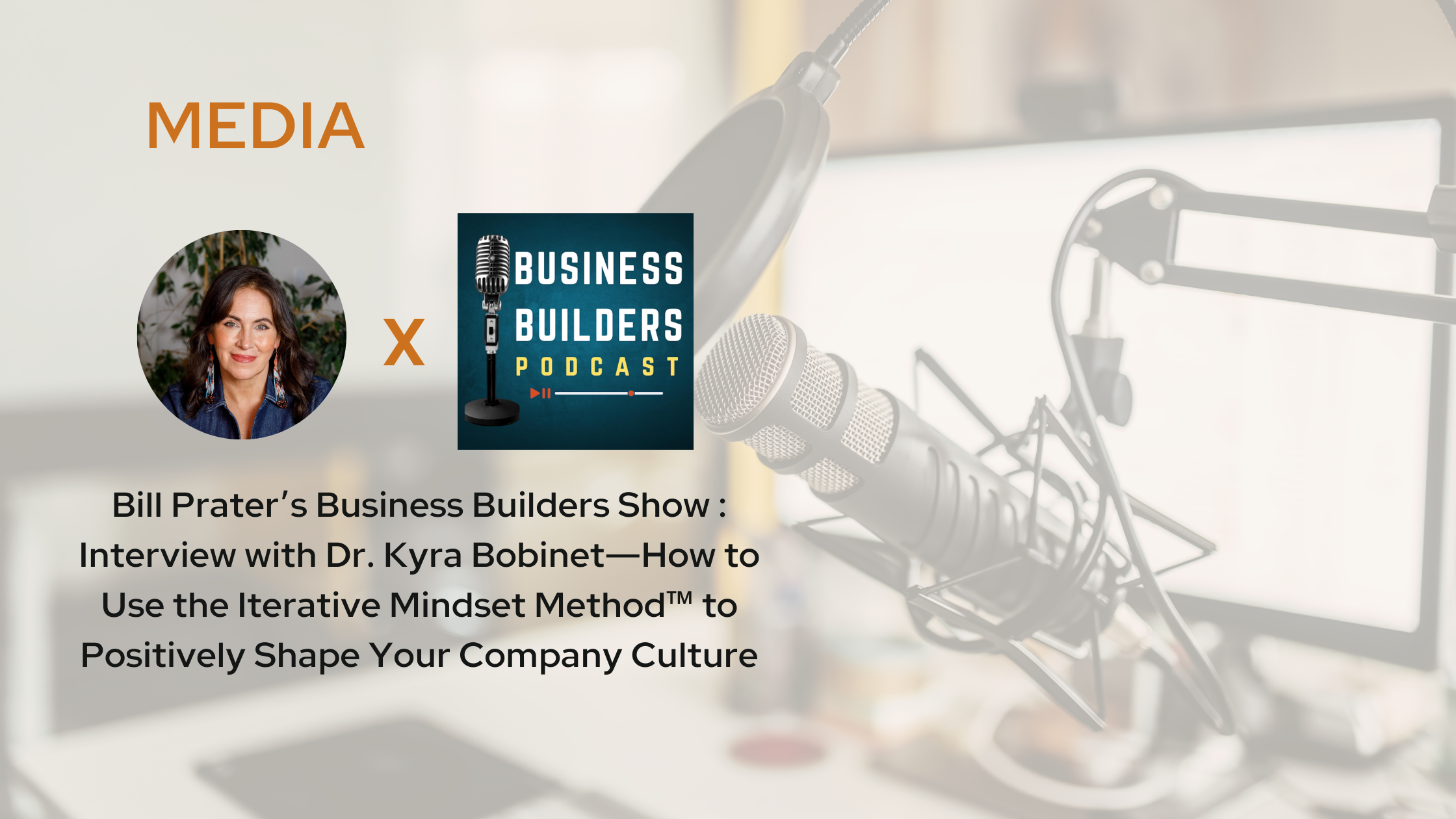In today’s fast-paced world, addiction has become an all-too-common struggle. Whether it’s alcohol, food, gambling, or even our smartphones, many of us find ourselves trapped in the cycle of addiction.
In a recent article on Forbes titled “Everyone Is Addicted Right Now: There’s New Hope for Us All,” Dr. Kyra Bobinet shared her personal journey of grappling with addiction, particularly to her smartphone. Despite her background in health behavioral research and mindfulness practices, she found herself increasingly tethered to her device, unable to break free from its grip.
What Drives Addiction
What drives this addiction? According to neuroscience, our brains react to smartphone notifications in the same way they respond to love and affection. The constant stimulation from our devices triggers the brain’s habenula, leading to cravings and withdrawal symptoms akin to those experienced with substance addiction.
There Is Hope
But there is hope. Groundbreaking research into the brain’s mechanisms of addiction offers new insights and strategies for overcoming these challenges. One such approach gaining traction is “dopamine fasting,” a practice aimed at breaking the cycle of dopamine-driven behaviors.
For Dr. Bobinet, understanding the role of the habenula in her addiction has been empowering. Rather than succumbing to feelings of guilt or shame, she has been able to experiment with different techniques to manage her smartphone use. From deleting news apps to deliberately distancing herself from her device, each step helps alleviate the cravings and withdrawal symptoms associated with addiction.
You Are Not Alone
If you’re struggling with addiction, know that you’re not alone. There is hope, and there are resources available to support you on your journey to recovery. Together, let’s break free from the cycle of addiction and embrace a healthier, more balanced lifestyle.
Read the full Forbes article here.




